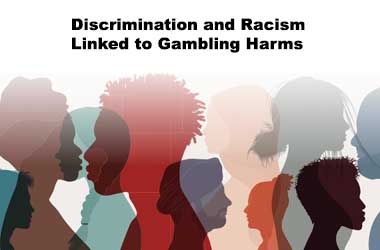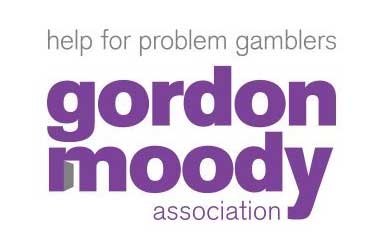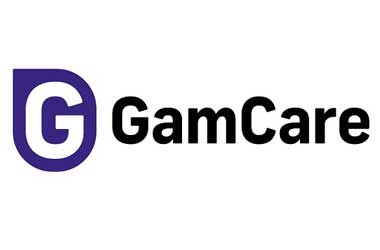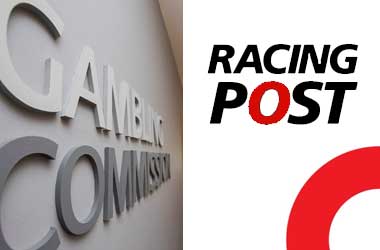 Gaming commissions are regulatory bodies that oversee the operation of casinos and other forms of gambling to ensure that they are conducted fairly and in accordance with the law. Some of the ways gaming commissions ensure fairness in casinos include:
Gaming commissions are regulatory bodies that oversee the operation of casinos and other forms of gambling to ensure that they are conducted fairly and in accordance with the law. Some of the ways gaming commissions ensure fairness in casinos include:
Licensing: A Gaming Commission issues licenses to casinos, which serve as proof that the casino has been vetted and meets certain standards for fairness and safety.
Regular inspections: Gaming commissions regularly inspect casinos to ensure that they are operating in accordance with the rules and regulations set forth by the commission. This can include checking the fairness of games, the security of the facility, and the accuracy of the accounting records.
Auditing: Gaming commissions may also require casinos to undergo regular audits to verify that they are operating fairly and that their financial records are accurate. This helps to ensure that the casino is not cheating its customers or engaging in any other unethical practices.
Dispute resolution: Gaming commissions often have procedures in place for resolving disputes between casinos and their customers. This can include investigation of complaints and imposition of penalties or sanctions against casinos that violate the rules.
Game fairness testing: Gaming commissions may require non Gamstop casinos to submit their games for testing to ensure that they are fair and unbiased. This can include testing the random number generators used in slot machines and other electronic games to ensure that the outcomes are truly random.
By ensuring that casinos are operating fairly, gaming commissions help to protect consumers and to maintain the integrity of the gambling industry. It’s important to note that the regulations and oversight provided by gaming commissions can vary depending on the jurisdiction, so it’s always a good idea to research the regulations in your area before gambling.
Country Specific Gambling Commissions
Here is a list of some of the most well-known gambling commissions:
Nevada Gaming Commission: This is the oldest and most established gambling commission in the United States, and it is responsible for regulating the gaming industry in the state of Nevada.
New Jersey Division of Gaming Enforcement: This is the gambling commission for the state of New Jersey and is responsible for regulating all forms of gambling, including casino and sports betting.
United Kingdom Gambling Commission: This is the gambling commission for the United Kingdom and is responsible for regulating all forms of gambling, including online and land-based gambling.
Malta Gaming Authority: This is a well-respected gambling commission based in Malta that regulates online gambling and provides licenses to many online casinos and sports betting sites.
Gibraltar Gambling Commission: This is a well-known gambling commission based in Gibraltar that regulates online gambling and provides licenses to many online casinos and sports betting sites.
Isle of Man Gambling Supervision Commission: This is a gambling commission based in the Isle of Man that regulates online gambling and provides licenses to many online casinos and sports betting sites.
Alderney Gambling Control Commission: This is a gambling commission based in Alderney that regulates online gambling and provides licenses to many online casinos and sports betting sites.
These are just a few of the many gambling commissions that exist around the world. The specific regulations and requirements for each commission vary, but all are responsible for ensuring that the gambling industry operates in a fair and responsible manner.
How to Register a Complaint with a Gambling Commission
The process of registering a complaint with a gambling commission can vary depending on the specific commission and the country it is located in. However, here is a general guide on how to register a complaint:
The first step is to identify the gambling commission that has jurisdiction over the issue you wish to raise a complaint about. You can typically find this information on the commission’s website.
Before you make your complaint, gather any relevant evidence that supports your claim. This could include screenshots, emails, receipts, or any other relevant documentation.
Most gambling commissions have a dedicated complaints process and will have contact information available on their website. You can usually contact them by email, phone, or through a web form.
When you make your complaint, be sure to provide as much detail as possible. Explain the issue, provide any relevant evidence, and make sure you include your contact information so that the commission can get in touch with you.
After you have made your complaint, be sure to follow up with the commission to ensure that they have received it and to inquire about the status of your complaint.
It’s important to note that not all complaints are necessarily actionable or within the jurisdiction of the gambling commission. However, the commission will review your complaint and determine the best course of action. If you are not satisfied with the outcome, you may have the option to escalate your complaint to a higher authority, such as a regulatory body or a court of law.
Most Common Casino Complaints
Here are some of the most common complaints made against casinos:
Rigged games: This is one of the most common complaints and refers to the belief that the games offered by a casino are not fair and are manipulated to favour the house.
Slow payouts: This complaint refers to the slow processing of withdrawals by the casino, which can lead to players having to wait an excessive amount of time to receive their winnings.
Poor customer service: This complaint refers to the lack of responsiveness or unhelpfulness of casino customer service representatives, who are often the first point of contact for players with questions or concerns.
Hidden fees and charges: This complaint refers to unexpected fees or charges that are added to a player’s account, such as for transactions or currency exchange.
Unauthorized charges: This complaint refers to charges that are made to a player’s account without their consent, such as for services or bonuses that they did not request.
Issues with bonuses: This complaint refers to issues with the terms and conditions of casino bonuses, such as unclear or unfair wagering requirements.
Technical problems: This complaint refers to technical issues with the casino software or website, such as slow loading times, freezes, or crashes.
These are some of the most common complaints made against casinos. It’s important to note that not all casinos are the same and that there are many reputable casinos that strive to provide a fair and enjoyable gaming experience for their players.
However, if you do experience any issues while playing at a casino, it’s important to raise your concerns with the casino or the relevant gambling commission to ensure that the issue is resolved
















